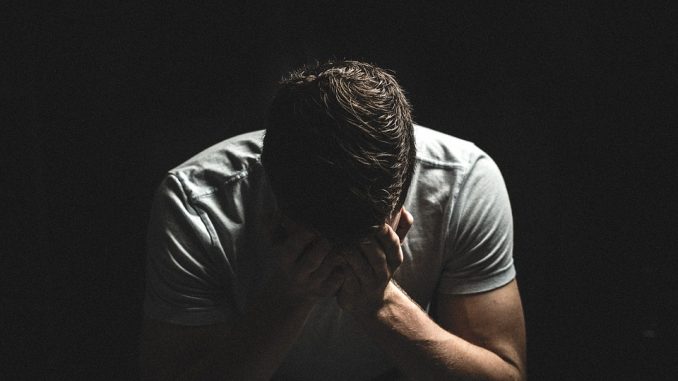
The increasing number of insomnia cases nowadays has prompted specialists to say that this disorder is one of the consequences of modern lifestyle.
Without a doubt, insomnia is the most common sleep disorder. Most definitely, each of us has experienced this at some point in life. Statistics show that 30% of the population is going through sleep disorders, 84% of whom are insomnia.
Defined as a reduction in the amount and quality of sleep, insomnia can be occasional (less than 1 month) or chronic (when it lasts for more than 1 month and occurs at least 3 times a week).
Insomnia is usually accompanied by difficulty falling asleep, only getting superficial sleep, waking up frequently, not being able to sleep for more than 3-4 hours, and sometimes it can cause nightmares and dark thoughts. People who are often confronted with insomnia can develop real anxiety, being tormented by the thought that they will have to go through another difficult night, creating a vicious circle.
Often times, insomnia accompanies other mental disorders
There are many causes that lead to insomnia. Among the most important are lasting pains, various drugs, caffeine, nicotine, alcohol, diseases (asthma, allergies, Parkinson’s disease, hyperthyroidism, kidney disorders, cancer, overactive bladder). A large number of insomnia cases are associated with more or less severe psychological disorders such as stress, anxiety, and depression.
Solutions that can help you regain your sleep
The treatment of insomnia depends on its cause. Some lifestyle changes can surely help make your sleep easier.
A few hours before going to bed, it’s best to spend some time doing relaxing activities: getting a massage, or prolonged baths with essential oils. Avoid TVs and using phones or tablets (light acts directly on the pituitary gland which influences the biological clock). Get some fresh air in your bedroom before going to sleep, and try to maintain a temperature of 18-20 ͦ C.
Right before going to sleep, avoid smoking or drinking coffee, black or green tea, or chocolate. It is good to try to have a strict waking up and going-to-bed schedule, even on the weekends. This helps regulate the circadian rhythm.
Dinner should be taken 3 hours before bedtime.
When to ask for specialist help
If you still have not managed to get rid of insomnia, despite the lifestyle measures, you need a medical check-up. To reduce the unpleasant effects of this disorder, your doctor may recommend sleep-inducing medications, commonly called benzodiazepines. On the long run, cognitive-behavioral therapy is recommended, consisting of education about sleep, sleep hygiene and various behavioral and cognitive techniques that aim to improve insomnia.
Last but not least, insomnia can be an adverse effect of a medication, in which case the prescription should be revised. Although not a disorder, the most common is transient insomnia that lasts for several days and accompanies acute illness or other forms of stress such as mourning, work-related or relationship-related problems (divorce, separation), feeling excessive joy or anticipation, changes in time or altitude, etc. Typically, this type of insomnia resolves spontaneously once the stress factor disappears.
Insomnia can also occur in the absence of a stress factor, most often from getting used to not falling asleep in the usual sleeping environment. In other words, we are eating, talking on the phone, watching TV, playing on our laptop or tablet in the bedroom or bed, and over time, we mentally associate the bedroom with the state of vigilance, instead of sleepiness.



Leave a Reply